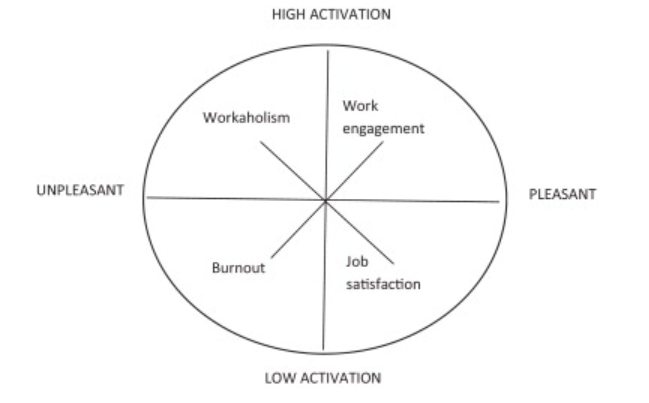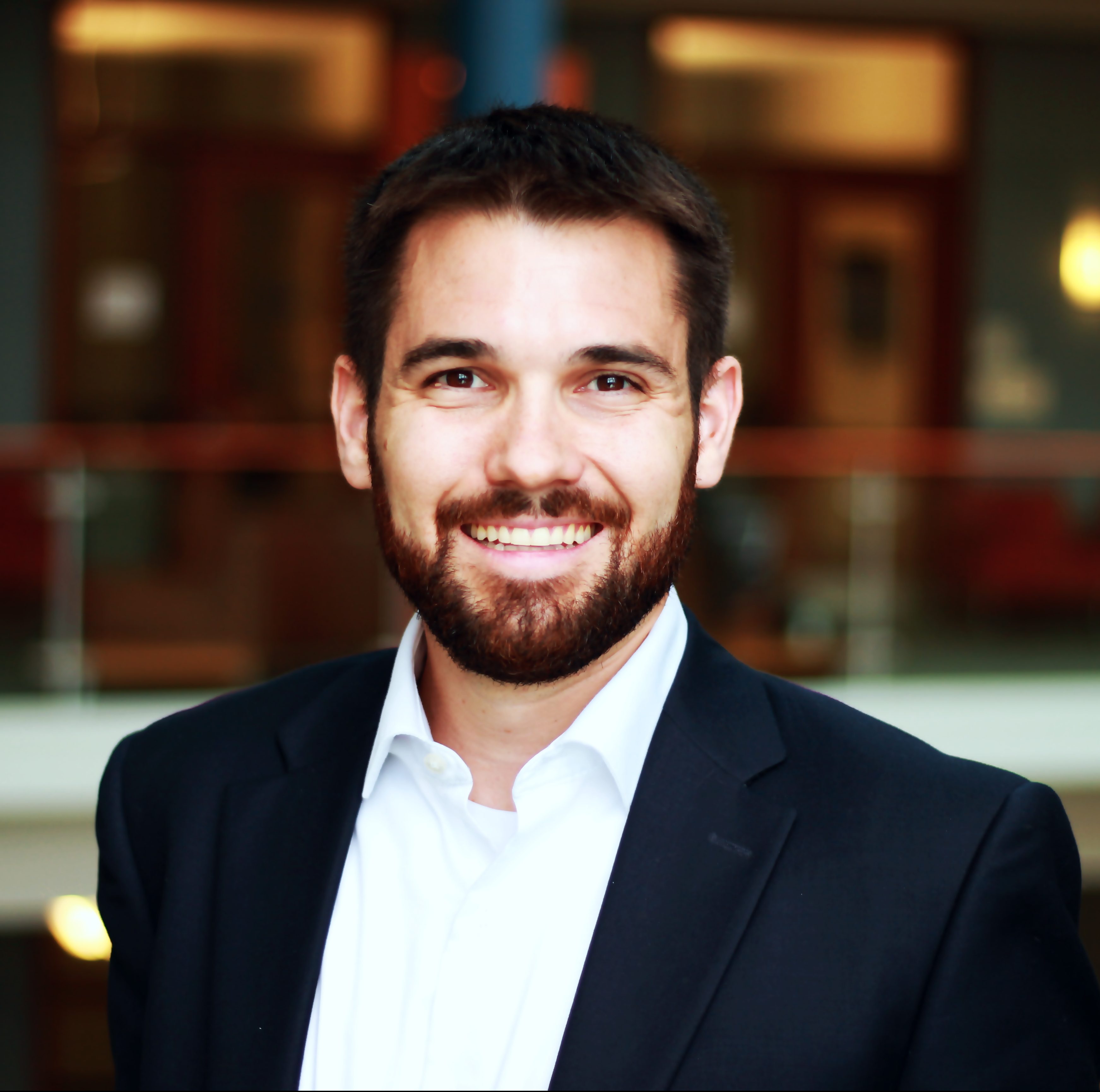What if I told you that being a workaholic isn’t always bad?
When you read the word “workaholic”, I’m assuming most of the words that you thought of were negative. Things like “unhealthy”, “unbalanced”, “obsessed”, and “poorly defined boundaries” may have crept into your mind.
And the science says that depending on the circumstances, you are absolutely right. Being a workaholic can be absolutely devastating to your health.
In fact, Dr. Nancy Rothbard and Dr. Adam Grant discussed workaholics during an episode of Adam Grant’s Worklife podcast. Dr. Rothbard shared that “unhappy workaholics have higher risk for cardiovascular disease and diabetes.”
Additionally, unhappy workaholics tend to suffer from anxiety, stress, burnout, and mental illness. The toll of workplace stress is massive in the United States. Stanford researchers found workplace stress led to nearly 190 billion dollars of healthcare spending (8 percent of all US healthcare spending) and was attributed to nearly 120 thousand deaths each year (Moss, 2019). When expanded globally, the toll is even more drastic.
For those of you who are managers or aspire to be people leaders and need another financial reason to care, workplace stress costs the global workforce an estimated one trillion dollars in productivity each year.
But did you notice that there is a qualifier in those stats? The word “unhappy” is an important distinction in this case.
Because it turns out there is a second classification of workaholic: the engaged workaholic. In her appearance on WorkLife, Dr. Rothbard elaborated, “People who do feel compulsion and some guilt when they’re not working, but who also absolutely love their jobs, who are engaged in them, who are passionate about them, who find meaning in their jobs…for those folks who have both those kind of workaholic tendencies but also love their jobs, they’re buffered from the negative [health] risk of workaholics.”
You know who joined the podcast next and admitted to be one of these engaged workaholics? The one and only Arianna Huffington. That’s right, the founder of Thrive Global!
Arianna shared “I don’t really have a distinction between my work and my life, but I love it much more when I have taken time to recharge.”

Image Credit – Dr’s Innanen, Tolvanen, and Salmela-Aro
This diagram from a publication in Burnout Research (yes, that’s a scientific journal) displays the differentiation between workaholism and work engagement (or being an engaged workaholic) in a nice 2×2 diagram. The researchers argue that while both workaholism and high work engagement require high activation, the main difference has to do with type of work and work surroundings that you’re in . That said, even the researchers admit that this is a bit too simplistic.
One piece that I believe is missing is the impact or legacy that you wish to leave in life. If you work long hours, that might be OK as long as you are working towards your own personal WHY. In other words, if working hard brings you fulfillment because you are working towards something that you care about, then you are more likely to be an engaged workaholic rather than an unhappy workaholic. I highly recommend Simon Sinek’s book Start With Why if you haven’t already read it as he describes this theory very well both from a personal and organizational standpoint.
However, from my own personal research, I would argue that what matters most is that you have aligned your career choice around your priorities in life. This fundamentally means that you understand how your job choice affects the rest of the other factors in your life. In the end, your job choice affects things like your health, community involvement, ability to have fun, time with family, financial position, etc. etc. etc.
Without using a holistic lens when assessing your job and career, it is impossible to understand if you are heading down a path that leads to burnout, poor health outcomes, and unhappiness. Take some time and reflect on how your job and career trajectory affect the other aspects of your life. If you want or need a framework to think through this, I offer one in my book, Redefining Success.
Afterall, if you don’t ensure your own well-being and alignment, no one else will.


